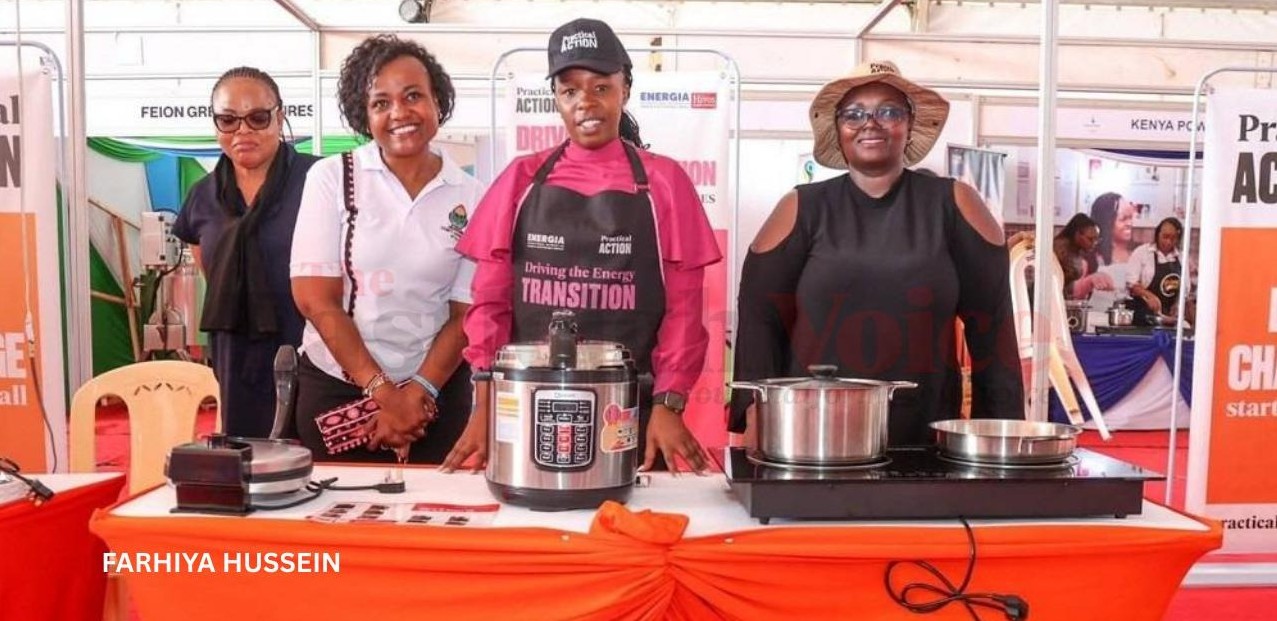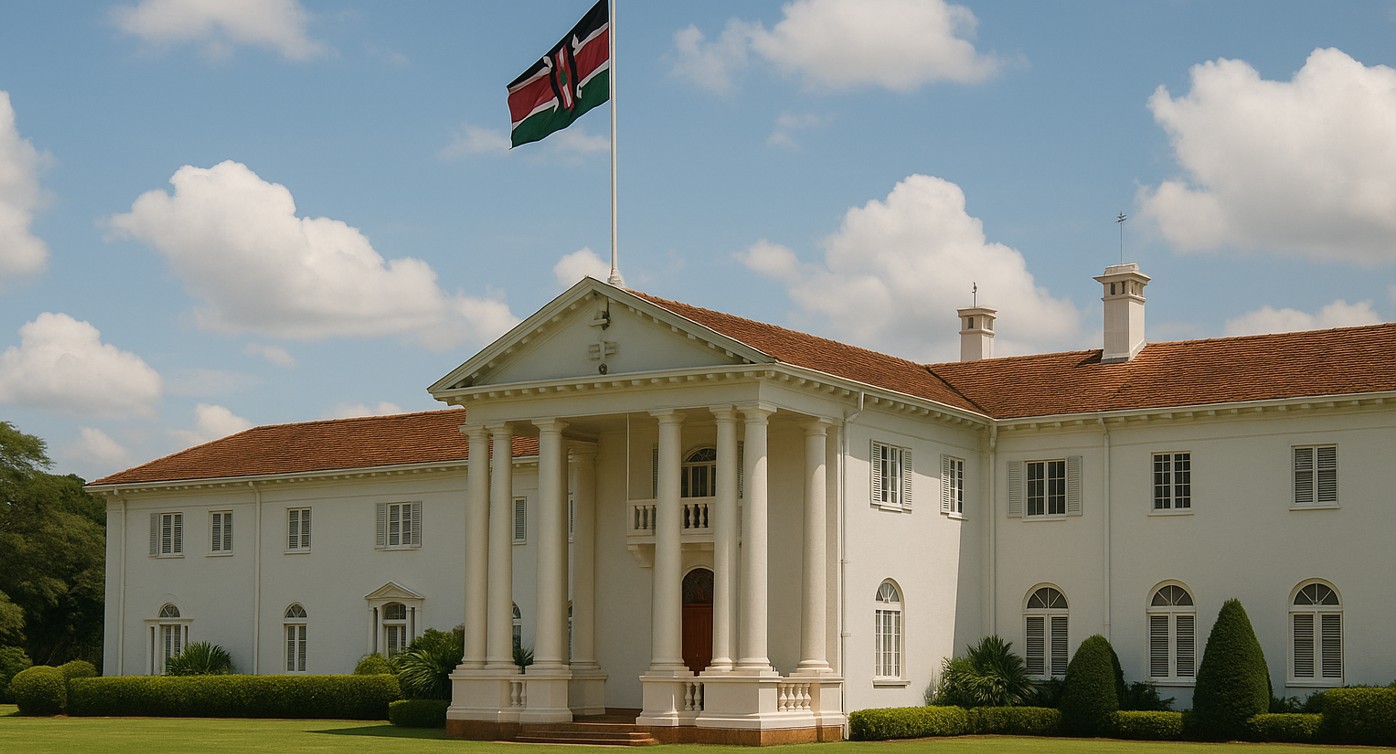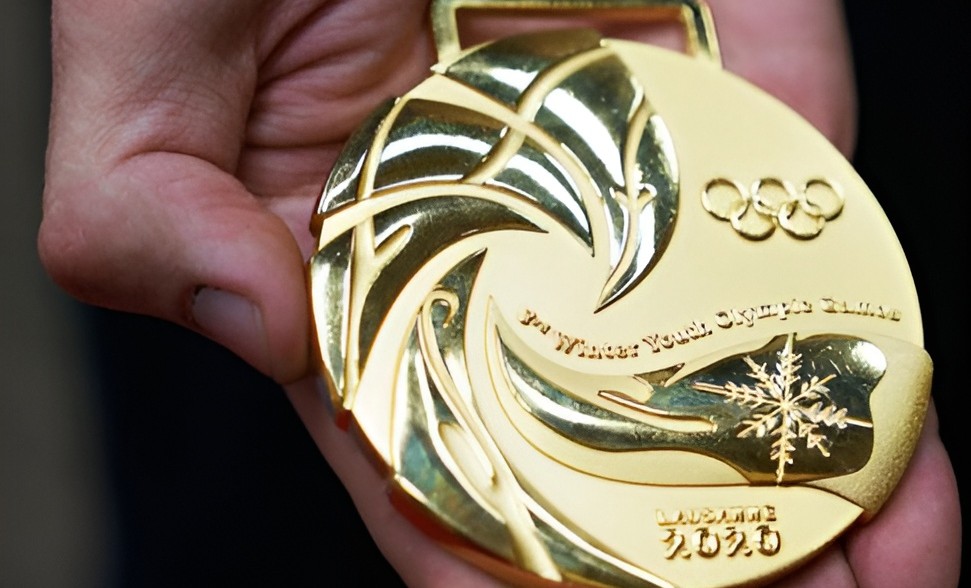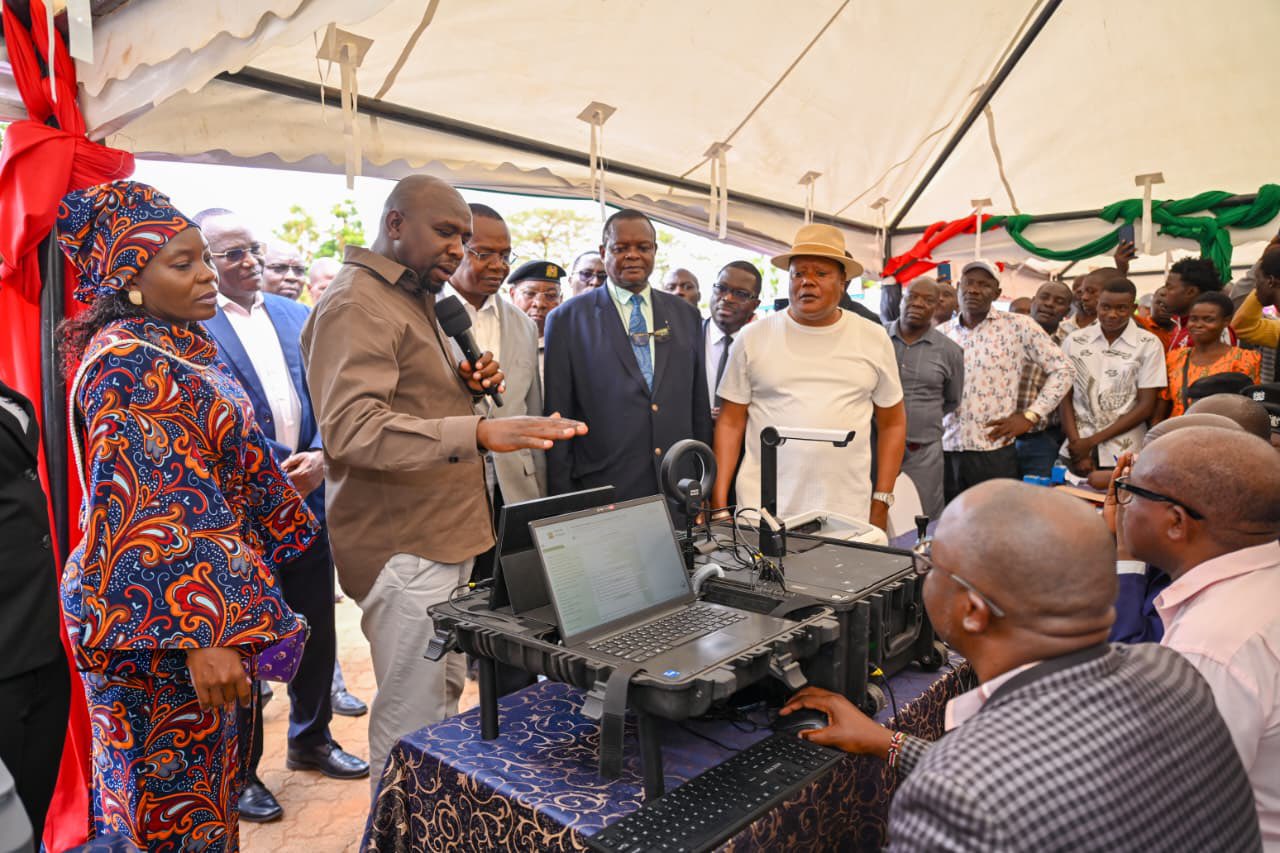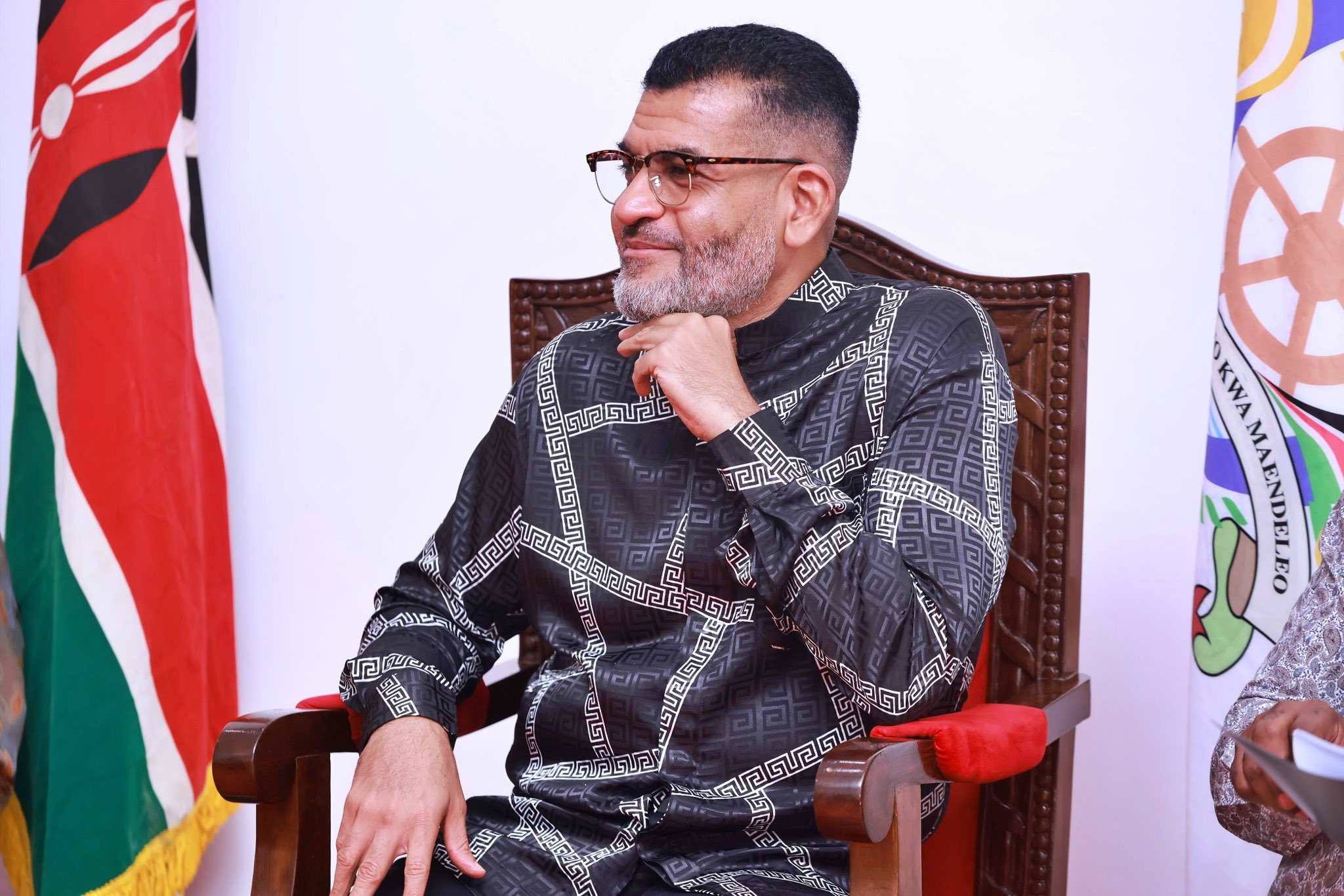Nairobi city market traders get Solar-Powered cold room to prevent food loss
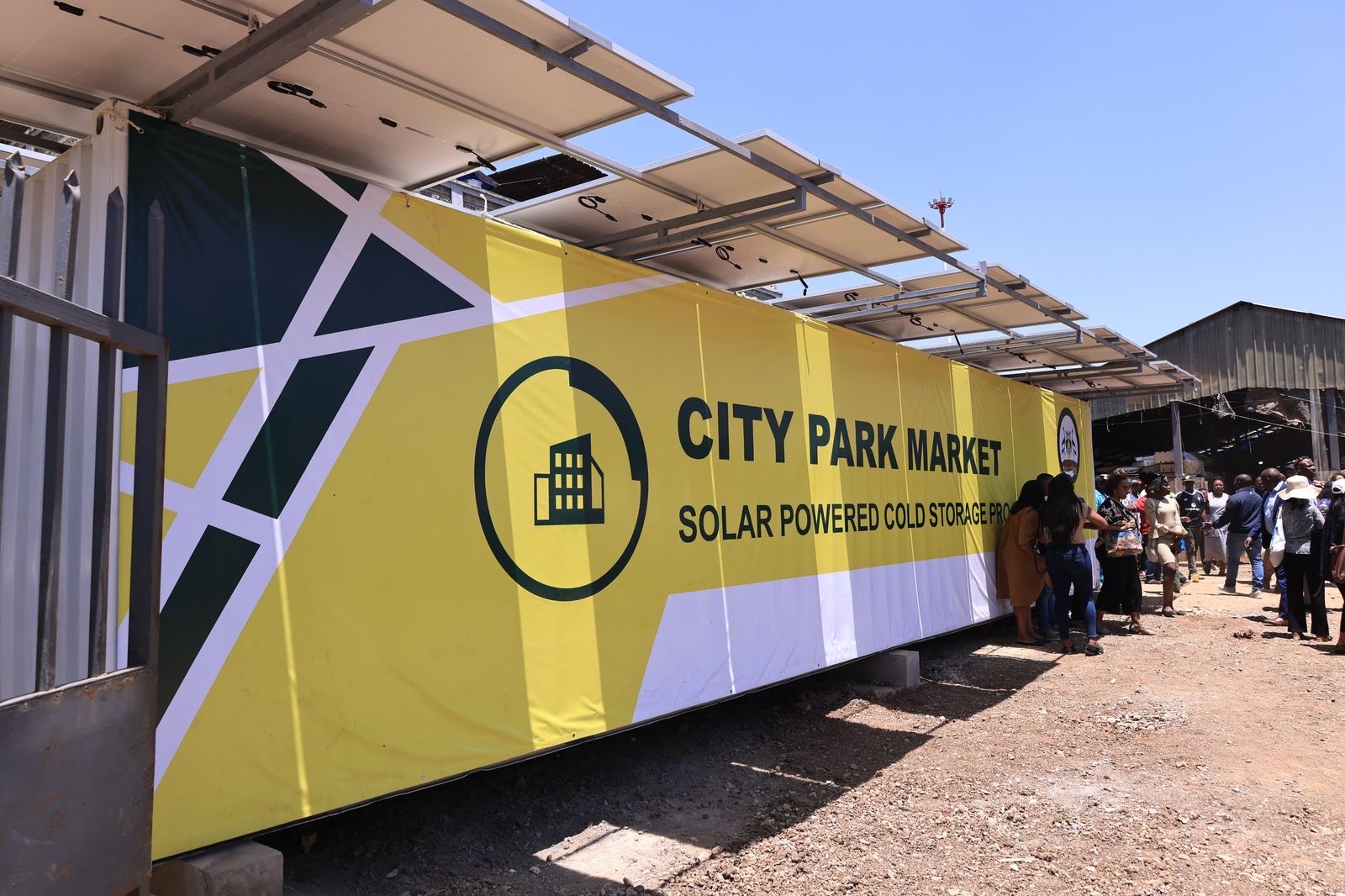
Traders at the market have welcomed the new facility, noting that they now have a place to store their perishable goods.
A new solar-powered cold storage unit at Nairobi City Market is set to give traders a much-needed boost.
The pilot project, which is built to serve 162 traders daily, will help keep perishable goods fresh and cut down on food waste by stopping an estimated 100 tonnes of organic waste from reaching landfills every year.
More To Read
- Inside Raila Odinga’s bid to save Governor Johnson Sakaja from impeachment
- Raila summons ODM MCAs as Governor Johnson Sakaja faces impeachment threat
- Impeachment storm hits Nairobi as MCAs collect signatures to oust Governor Sakaja, deputy Muchiri
- How Nairobi’s posh estates losing prestige over mushrooming kiosks
- Nairobi MCAs turn heat on Sakaja after stormy Kamukunji as impeachment talks resurface
- Property worth millions destroyed as fire razes shops at Yare Business Park in Eastleigh
During an inspection on Thursday, Nairobi Governor Johnson Sakaja highlighted the facility's role in modernising the market. "This initiative is part of our ongoing efforts to modernise Nairobi's markets and improve food security for both traders and consumers," Sakaja said.
The cold storage unit has an external volume of 67m³ and an internal capacity of 59m³. The unit, which has a 10MT capacity and runs on an 18 kWp solar system, is a key part of the city's drive to offer better support for local traders.
"This facility will benefit many, and we will ensure its implementation in other markets, both in new constructions and existing ones," Sakaja added.
Traders at the market often faced heavy losses as their perishable goods would easily go bad. Without proper storage, fruits, vegetables, and dairy products were left exposed to the heat, causing them to rot before they could be sold. The lack of cooling systems meant that the potential for profit was continuously undermined, leaving traders with dwindling resources and mounting frustration.
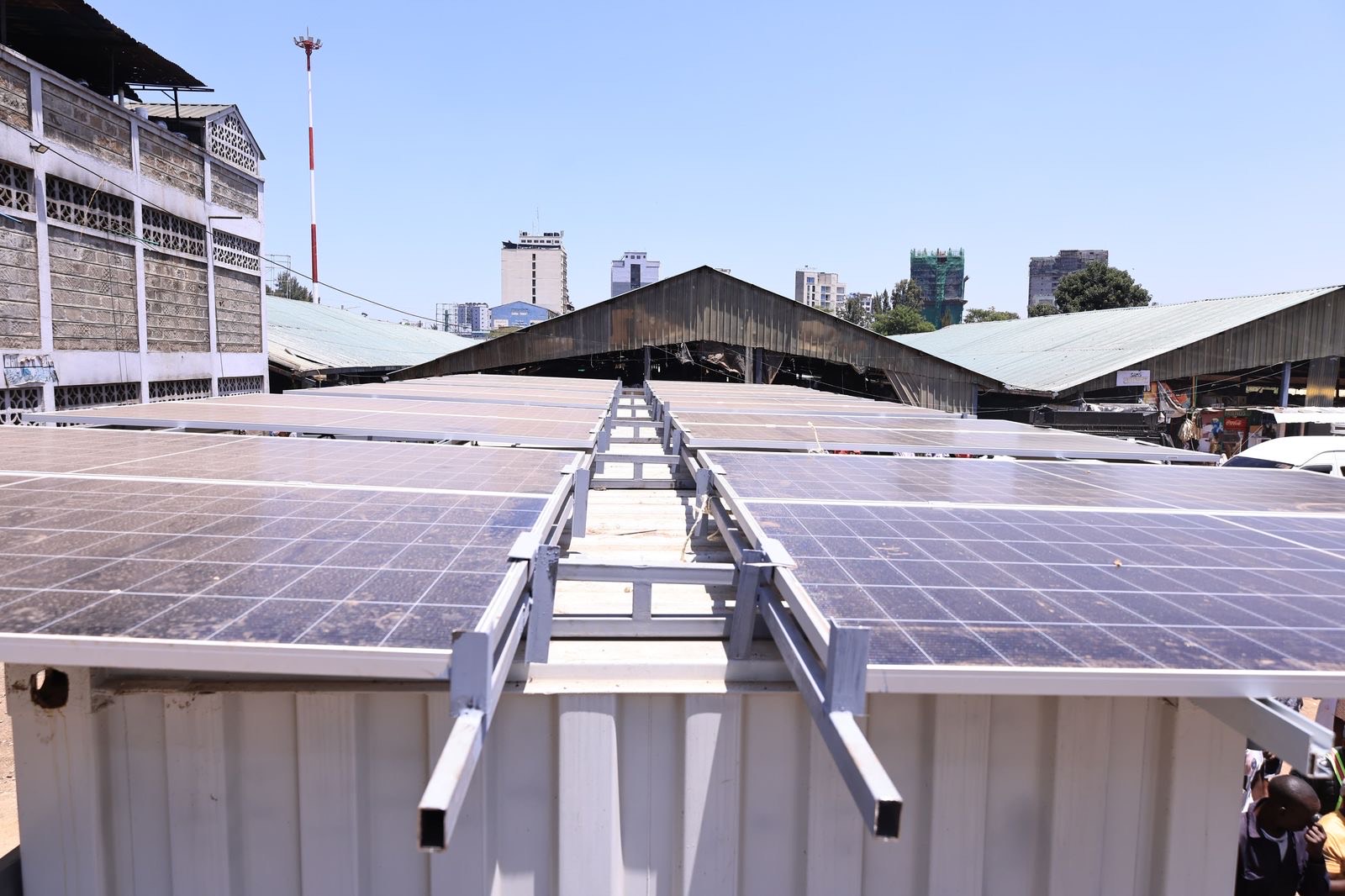 Solar-powered cold storage unit at Nairobi City Market on February 20, 2025. (Nairobi City County Government)
Solar-powered cold storage unit at Nairobi City Market on February 20, 2025. (Nairobi City County Government)
As the spoilage rate climbed, many traders saw their businesses suffer. The consistent loss of valuable stock not only cut into their earnings but also eroded customer trust in the quality of goods available in the market.
C40 Executive Director Mark Watts, present during the inspection, noted the sustainability of the project.
"This project is solar-powered, making it not only helpful to traders but also cost-effective to maintain, as it operates solely on solar energy," Watts said.
Traders at the market have welcomed the new facility, noting that they now have a place to store their perishable goods.
The cold storage facility is part of a wider plan to modernise Nairobi's markets and promote eco-friendly solutions that support both the local economy and the environment.
Top Stories Today


